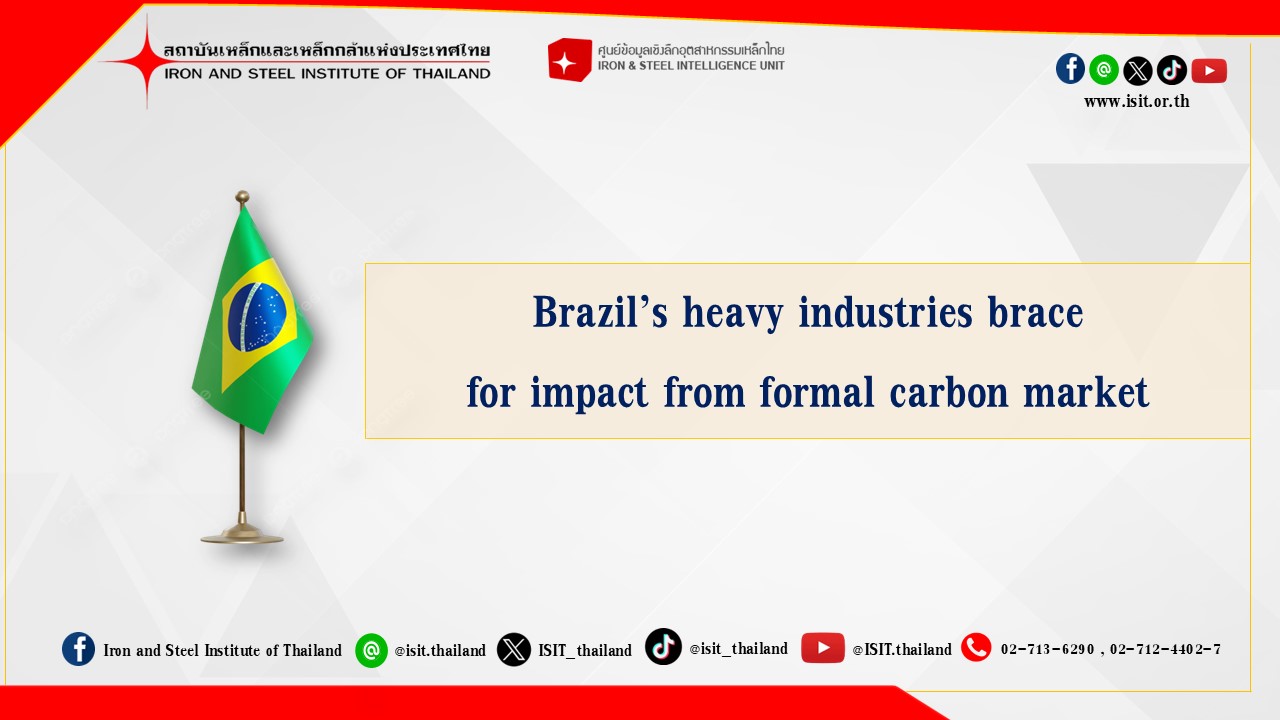
Brazil has finally taken a meaningful step forward in its climate action efforts with the signing of a regulated domestic carbon market into law by President Luiz Inácio Lula da Silva, but the exclusion of the country’s lucrative and vast agribusiness sector has drawn criticism, particularly from heavy industry.
The new law establishes the Brazilian Greenhouse Gas Emissions Trading System, or SBCE, allowing companies to trade carbon allowances and utilize carbon credits from specific projects. It presents crucial challenges for the nation’s high-emitting industries as Brazil strives to meet ambitious climate targets.
Companies or entities emitting more than 10,000 mtCO2e/year will be subject to reporting obligations, while those emitting over 25,000 mtCO2e per year will face compliance obligations.
Full definitions applicable under the SBCE law are expected to be available within 12 months, with the system to be fully operational by 2030, according to a government statement.
Brazil, the largest economy in South America, has committed to reducing emissions by 59%-67% by 2035, building on a previous goal of 53% by 2030, as it prepares to host the next UN Climate Change Conference in Belem in November 2025.
------- S&P Global Commodity Insights